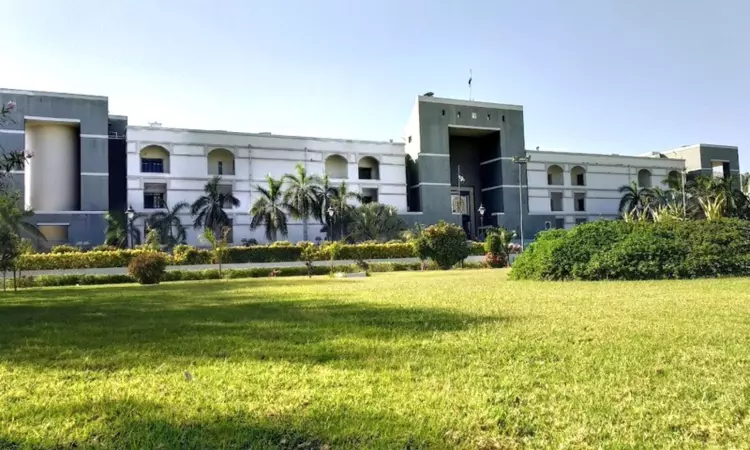Lender Banks Must Furnish Copy Of Audit Reports Before Classifying Loan Account As Fraud: Gujarat High Court
Sachika Vij
15 Feb 2024 12:30 PM IST

Next Story
15 Feb 2024 12:30 PM IST
Recently, the Gujarat High Court bench of Justice Sangeeta K. Vishen observed that the Lender Banks must provide a reasonable opportunity to the Borrower by furnishing a copy of Audit Reports and allowing him to submit a representation before classifying the account as fraud. Background Facts: Amit Dineshchandra Patel (Petitioner) are the promoters, suspended directors,...
